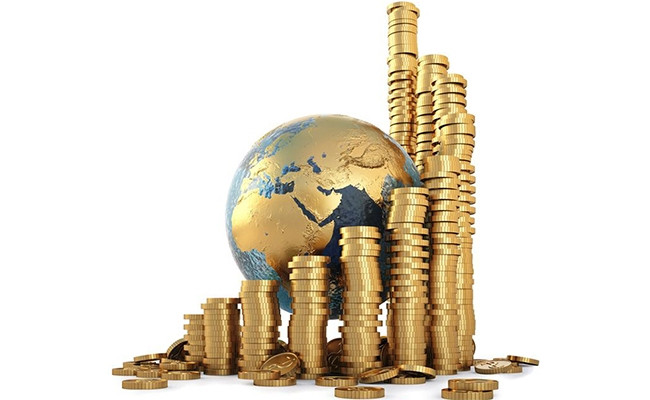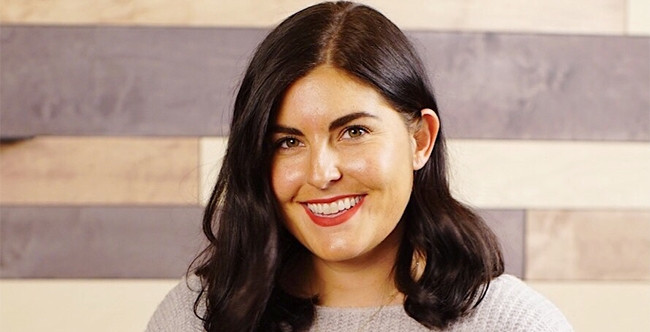
Local fintech start-up, Wala, which recently received an undisclosed amount of investment from Newtown Partners, is looking to raise an additional $30 million (R412 million) to grow its business and revolutionise banking in Africa via blockchain technology.
Newtown Partners is an angel investment and seed stage venture capital firm founded by South African-born venture capitalists Vinny Lingham and Llew Claasen.
Wala is a blockchain-powered financial services platform for the unbanked and underbanked. It was founded in 2015, and is a US incorporated company with a South African branch. The bulk of the team is based in Cape Town, with other team members in Uganda and the US.
The Newtown equity investment in Wala will enable the start-up to deliver on the promise of zero-fee financial services for the 3.5 billion consumers who are excluded from the formal financial system.
Bridging the gap
Tricia Martinez, founder of Wala, in an interview with ITWeb, said Wala is a financial platform that bridges the gap between financial services and the 3.5 billion consumers that are currently unbanked and underbanked.
"We are currently using blockchain technologies to create a new cryptographic token and network that will enable near-free, instantaneous transactions. The new token is called Dala, and Wala will be the launch partner."
She explains that users of the Wala application will be rewarded Dala for positive financial behaviour like reaching savings goals or paying off a loan on time. Users redeem Dala for everyday transactions like purchasing airtime, buying electricity and sending peer-to-peer payments. They can even transact in person with merchants through QR codes, Martinez notes.
"As an example, Edward lives in Kampala, Uganda, and wants to send money back home to his family in Kigali, Rwanda, but most remittance services come with prohibitive fees. Now through Wala, Edward can send Dala directly back to his family for free and instantaneously. Thanks to blockchain technology, Wala is able to remove cost and access barriers, finally creating a free borderless platform."
According to Martinez, the new financial services utility token will be sold and issued in a crowdfunding token sale this December. She points out Dala will support the operationalisation and further development of scalable, blockchain-enabled financial platforms for developing markets.
"The Dala token sale will look to crowdfund $30 million and issue participants with their share of 300 million Dala utility tokens. Interested backers are now able to register for and participate in the Dala token sale.
"We believe it is time to revolutionise the way in which consumers access and engage with the financial system. It is time for Wala and Dala."
Humble beginnings

Describing how Wala was founded, Martinez says: "I've worked in the area of financial inclusion and microfinance within emerging markets since 2010 and Wala originated through my work directing unconditional cash transfers to subsistence farmers in Uganda using mobile money. While the service was being used, I observed that farmers were not securely storing their money."
The problem is that no banks can reach these regions and mobile money is too expensive and unreliable to justify sustained use, she notes.
"Therefore, I began interviewing rural and urban Ugandans using technical platforms like WhatsApp and Facebook Messenger to better understand the banking and financial services issues plaguing consumers. Soon, people from all over began to seek me out for guidance on savings, investments and loan advice with the hopes of bettering their financial standing.
"From engaging with these communities and creating multiple prototypes for them to test, my partner and I were able to build the Wala Financial Platform."
Now Wala is working hard on its roll-out in Uganda and over the next five years, with plans to expand to six regions globally. These regions span over 45 countries, focusing primarily on emerging markets (including 10 in Southern Africa, four in East Africa, 10 in West Africa and seven in North Africa and the Middle East). This expansion strategy takes into account a number of variables, including financial environment, consumer base and remittance flows.
"Our African starting point is driven by the communities we have established and the crucial customer testing that we've done. Also, we know from the fact that consumers have embraced mobile money services in Africa far more readily than in other territories that these consumers are keen to use innovative solutions designed around their needs."
However, for Martinez, Africa is just the starting point. She points out that the 3.5 billion consumers that are unbanked and underserved are mostly located in Africa, Latin America and Asia Pacific, and Wala wants to reach them all with its borderless platform.
Share